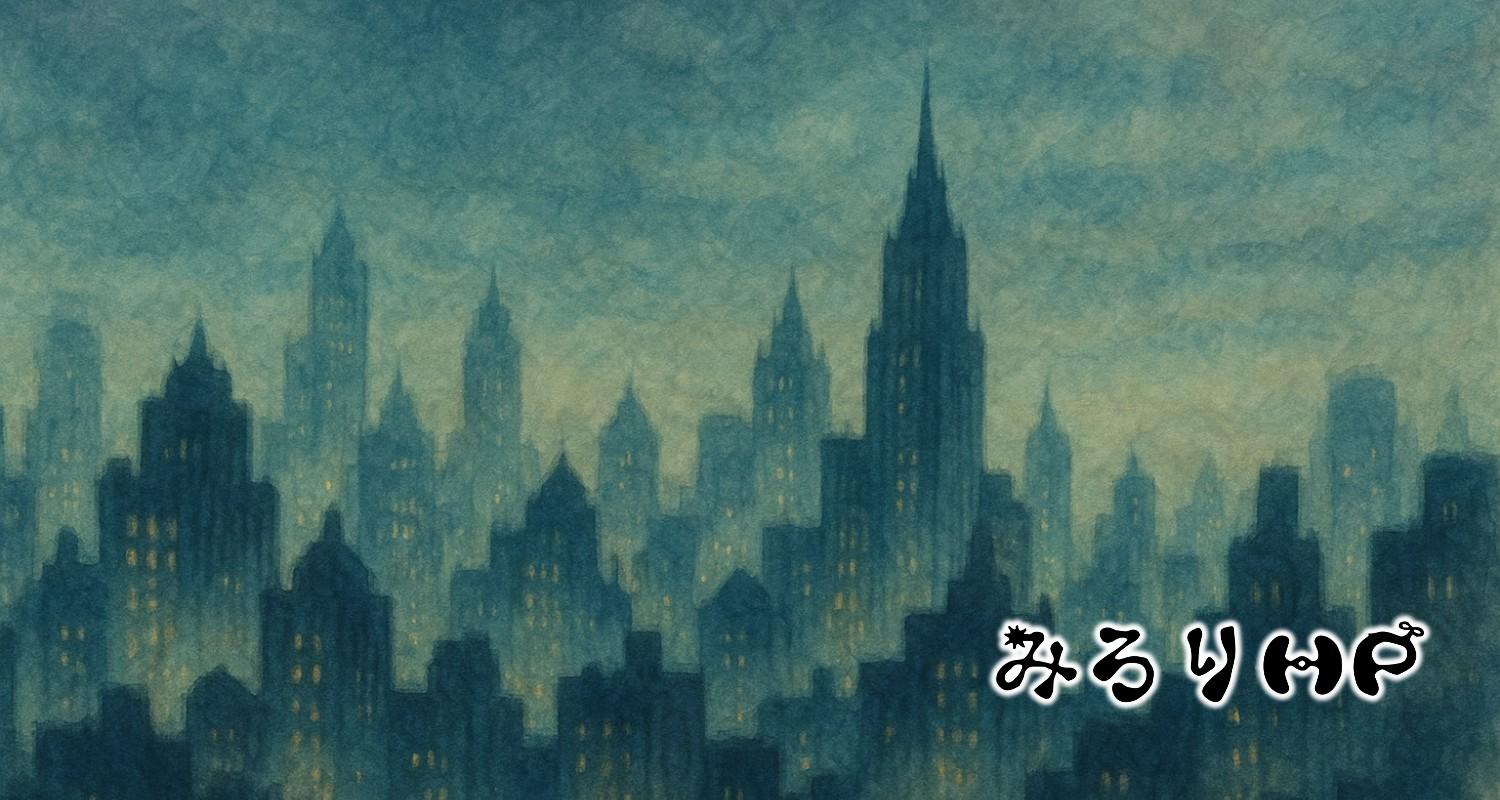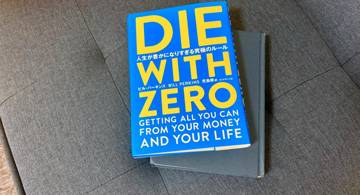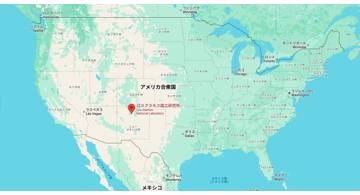Overview
I’m completely exhausted because I ended up watching two Christopher Nolan films back to back—writing a reflection is really hard.
I now understand he’s a great director, so I thought I’d continue with Nolan—but pick an action movie that’s easier to write about.

Summary
- Bruce Wayne, a wealthy man who is also Batman, works alongside Gotham’s police lieutenant Jim Gordon and newly appointed district attorney Harvey Dent to fight crime in Gotham City.
- Ordinary mafia bosses are struggling, but then a monstrous criminal called the Joker appears from Gotham’s darkness and proposes to take down Batman.
- The Joker’s actions are bizarre, unpredictable, charismatic, and extremely strategic. The mafia cannot compete, so they accept his plan to eliminate Batman.
- The Joker demands Batman reveal his identity and threatens to keep killing citizens until he does. Gradually, even the public turns against Batman.
- Although Batman is invincible in a one-on-one fight, he cannot beat the Joker. The Joker has cult-like followers everywhere. Once he targets someone, he absolutely abducts or kills them. For example, he even escapes after planting a bomb inside an accomplice’s stomach and detonating it—having full control over fear and hatred, making people feel like “if you see someone, think they might be a Joker spy.”
- While everyone is utterly confused by the Joker’s seemingly random, free-for-all actions, his real goal appears to be dragging a hero into becoming a villain—in particular, district attorney Harvey Dent.
- Dent loses his fiancée and half his face to burns, and the Joker tells him “all blame lies in fairness,” twisting him into believing the side he stood for also holds guilt. Dent then seeks revenge against a corrupt cop.
- Dent’s revenge works initially, but his other plans—making the public play a variant of the prisoner's dilemma, and forcing Batman to kill him—both almost fail. Batman manages to catch the Joker (for the second time)... but the aftermath is brutal.
- Dent was Gotham’s symbol of hope, called the “White Knight.” If people learn he’s fallen, Gotham will collapse. So Batman takes the blame for Dent’s crimes and becomes a fugitive. That’s why he becomes The Dark Knight.
Impressions
- I didn’t know it was a “Batman” movie—I thought The Dark Knight was some unknown American superhero. Well, turns out Batman was the Dark Knight.
- Americans really like showing rich people, huh...
- Harvey Dent’s descent into evil made so much sense. While watching, civilians even looked like they were undermining Batman and Dent—like “if there were no traitors, they’d win!!” And then you realize, “Wait—that must be exactly what Dent felt.” Though the Joker triggered it, Dent’s loss had deeper roots: traitors among trusted people. It gets to a point where Dent can't distinguish right from wrong. So he resorts to deciding everything by coin flip.
- You’d think “once you’re confused, just take time to think,” but in that moment, with the Joker right in front of him, no painkillers, a hospital about to blow up—he was under extreme pressure. That’s what the Joker was aiming for.
- When facing such an intellectual villain, you just want to scream, “Don’t let him speak—just kill him!” I once had the same thought while writing about my favorite story:
- In The Rokka Braves, the goal was to kill Tegneu—so “just kill him!” made sense. But here, Batman couldn’t kill, so that restraint added to the satisfaction after watching.
- I also liked the Joker saying “I like dynamite and gunpowder.” His main weapon is bombs, so it felt authentic like, “Yeah, he really does.”
- It was a great movie that let me write a light reflection.





